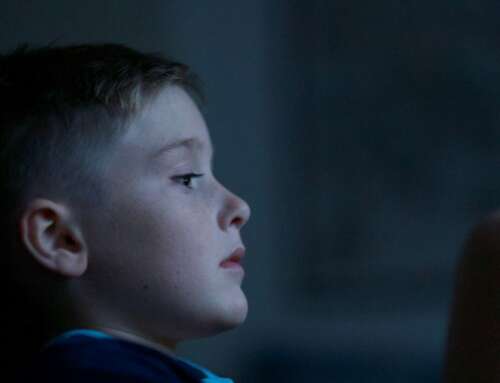There’s a three-word lie whispered to every little boy, over and over again, that’s ruining society, trashing lives and can be blamed for everything from domestic violence, to rape culture, casual sexism and the rise of the hilarious-but-dangerous men’s rights movement.The insidious lie we all believe by the time we can walk and talk is we have to “be a man”. That’s it.
These three tiny words pack a mean punch, which rings through the heads of boys and young men every day as they try to navigate the path to manhood.
Here’s what it is to “be a man.”
Don’t cry, don’t express any emotion – except anger – don’t be a pussy, don’t be a “girl”, don’t be gay. Don’t show any weakness. Be aggressive, dominant, be big, tough, athletic and courageous. Be decisive. Don’t ask for help. Be good at “getting chicks” but remember women are lesser, objects, especially sex objects. Oh, and be relentlessly heterosexual.
Baggage passed down
To this day I personally struggle with the power “be a man” has wielded in my life and see, more and more clearly, the massive impact it has had on our collective male psyche.
It comes from our fathers, uncles, brothers, schoolmates, cool older guys, sports coaches, and of course, in every element of the media we’re bombarded with every day.
Emotional scar tissue
Here’s a few shameful examples from my own life.
As coach of my daughter’s under-six mixed soccer team, I accepted the girls picking flowers and choreographing dance routines when they were supposed to be defending goal, but found myself hissing at a five-year-old boy that he didn’t have any “self-respect” for being scared of the ball. He cried. I was disgusted. At him.
At 16, in a senior rugby team in New Zealand, where how to “be a man” is expressly outlined at every practice session, I sat on a bench, after a game, with my friend and team-mate, Don. He was almost 2-metres tall, already covered in lean muscle and a hard man, feared by the opposition, respected by his peers. He was “going far”.
In the dying winter afternoon light, sheltered from a freezing wind, his eyes filled with tears as he confessed he “didn’t like” playing rugby. It hurt. It was boring. He hated it. But he had absolutely no choice in the matter. His father, his coach and us, his mates, just wouldn’t allow … quitting. – Phil Barker
Read More: Why telling our sons to ‘be a man’ is the worst thing we can say
Image by Morgan Basham from Unsplash







I usually enjoy reading your articles and reflect on how I can use the content to make a difference with young people I work with, but this article is way off the mark for me. Boys need to know how to be a man and have good mentors that model and show them how. It is clear that this writer had negative experiences and that angers me also, but we can do so much better than removing the ‘man’. Boys need to know about taking responsibility, having honour and integrity, and working hard to bring people together and enjoy positive and caring relationships. What we should be focussing on is challenging the culture where a “man” can’t show weakness, or be gay, or seek help. Let’s instead define what a “good man” is so our boys can have an identity which is strong but also compassionate, respectful, honourable, and values family and our community.